The Clinical Movement Sciences Certificate is designed for students who have an interest in studying courses with a major focus on physical activity participation for health promotion for special populations and/or management of injury and chronic health conditions. These courses include clinical assessment tools and criteria and case-based approaches incorporating evidence-informed recommendations and best practices. Students will learn about the increasingly important role of kinesiology and physical education in health promotion and reducing the prevalence of and managing injury and chronic disease.
Requirements
Students currently registered in KPE must successfully complete 2.0 FCE from the following Clinical Movement Sciences Pathway list of courses as part of their BKin degree requirements: KPE321H1, KPE322H1, KPE332H1, KPE355Y1*, KPE360H1, KPE361H1, KPE362H1, KPE363H1, KPE366H1, KPE368H1, KPE371H1, KPE372H1, KPE390Y1*, KPE399H1*, KPE404H1, KPE426H1, KPE433H1, KPE455Y1*, KPE463H1, KPE464H1, KPE471H1, KPE474H1, KPE476H1, KPE490Y1*, KPE495H1*.
Courses with an asterisk(*) have varying topics and will only count towards the certificate if the focus of study/placement is on health promotion for special populations and/or management of injury and chronic health conditions.
IMPORTANT ELIGIBILITY REQUIREMENTS
- Individual courses may only count towards one identified BKin certificate in addition to counting towards the BKin degree.
- Students are limited to a maximum of 3 BKin certificates with their degree.
Please refer to this website for further information.
